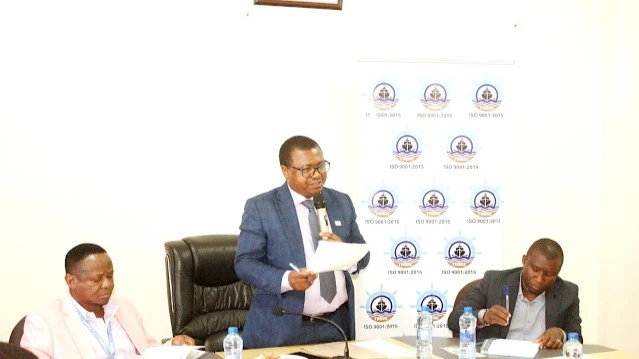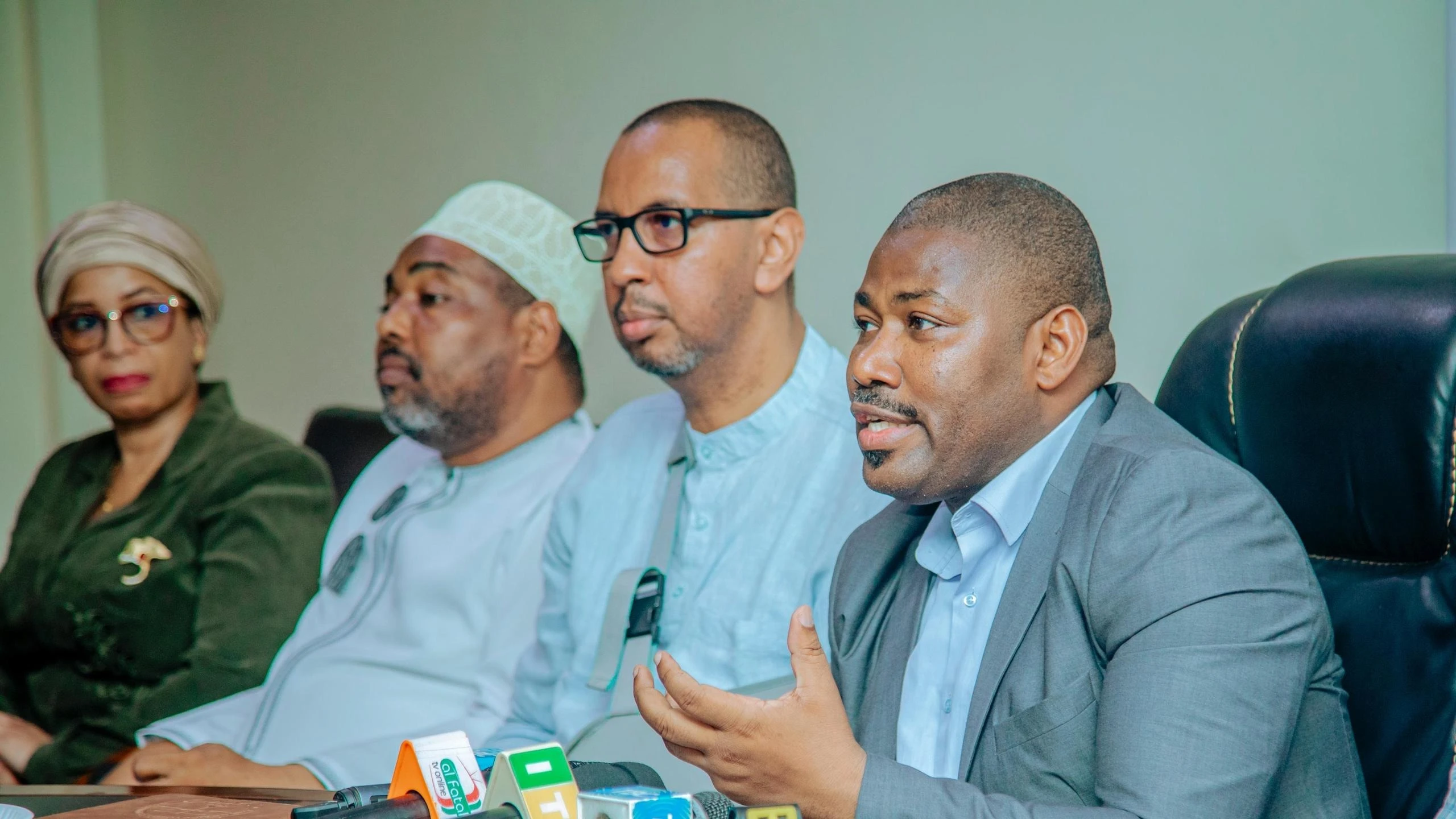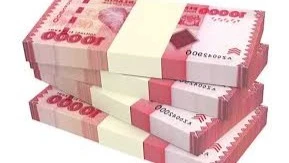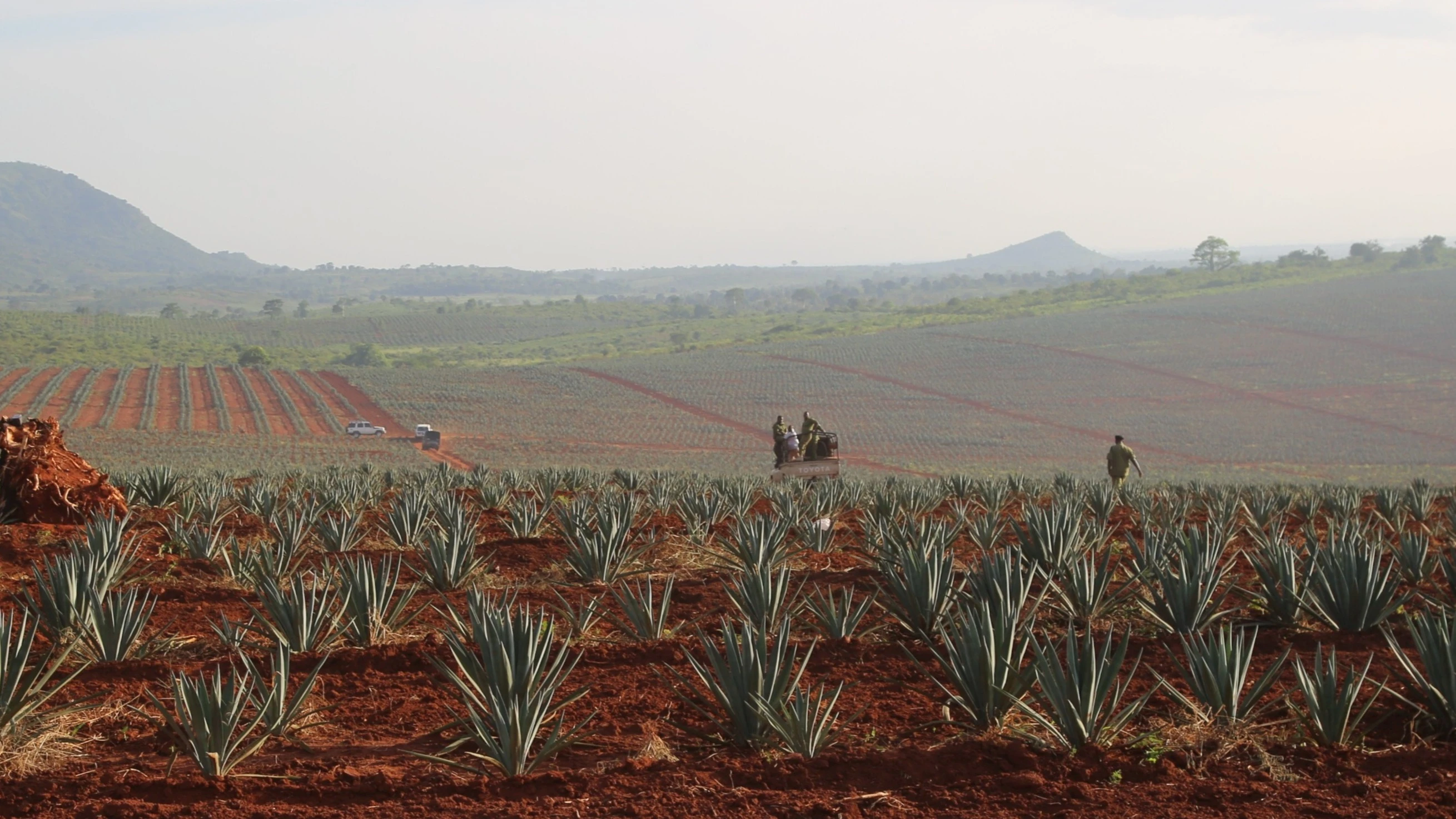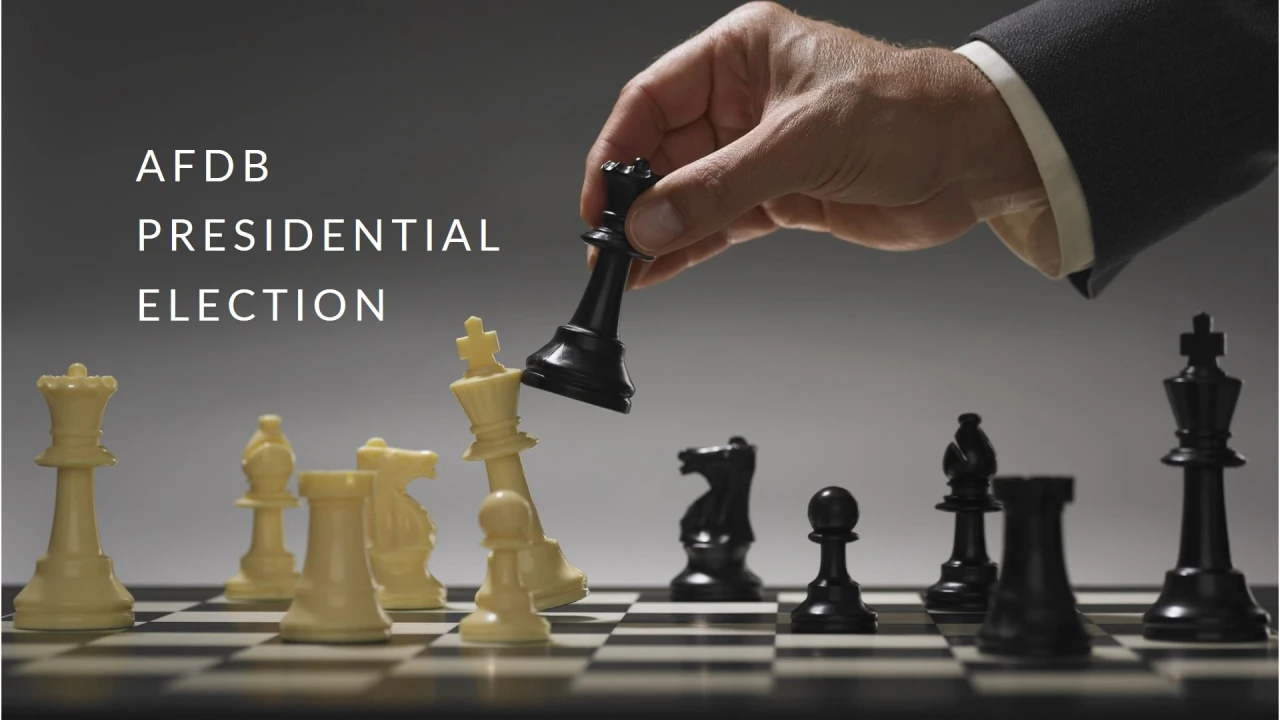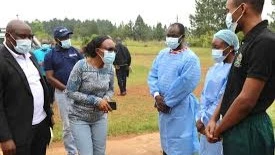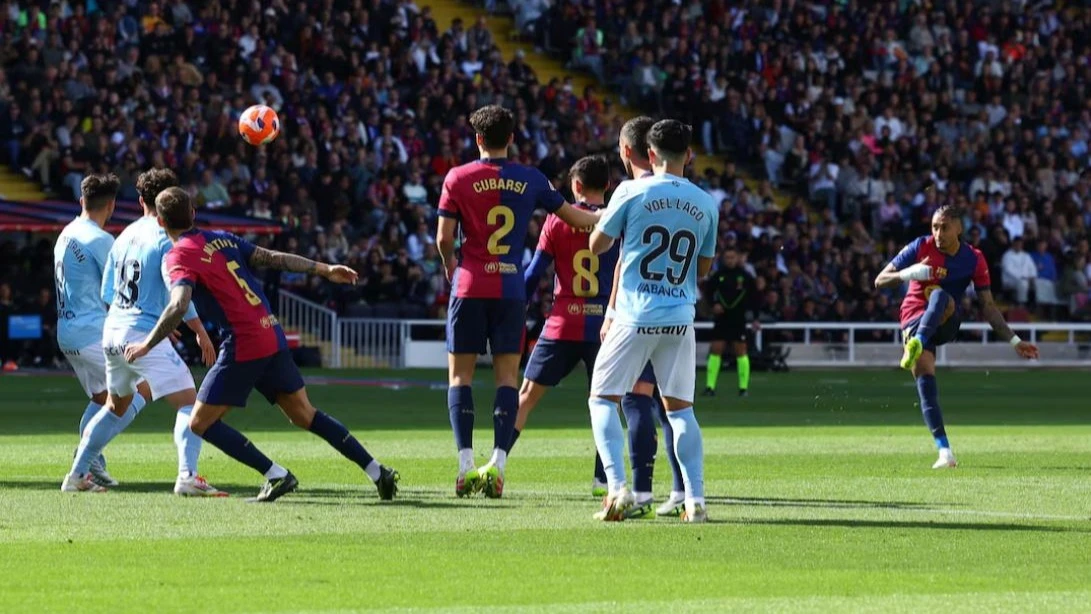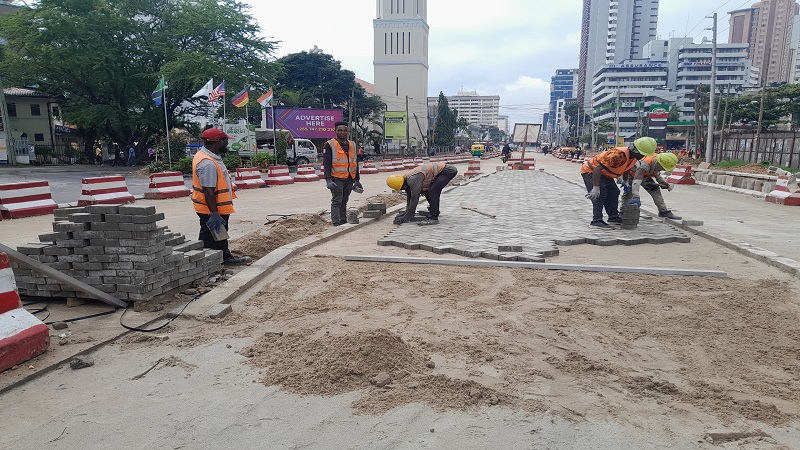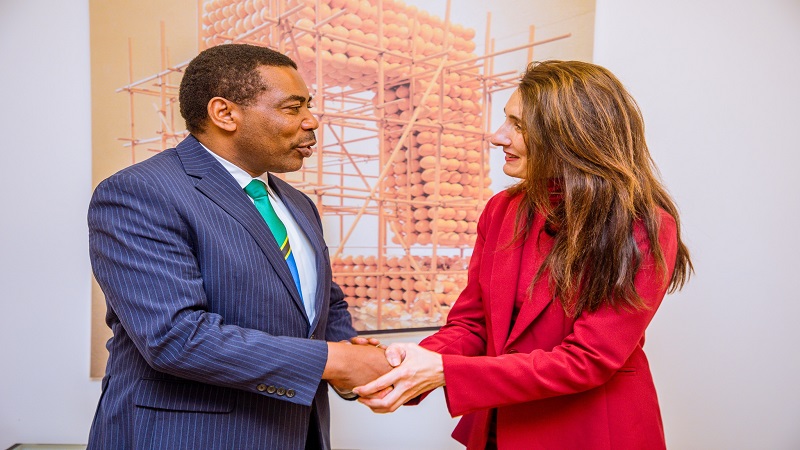Power and future of a continent: The high-stakes race for AfDB Presidency
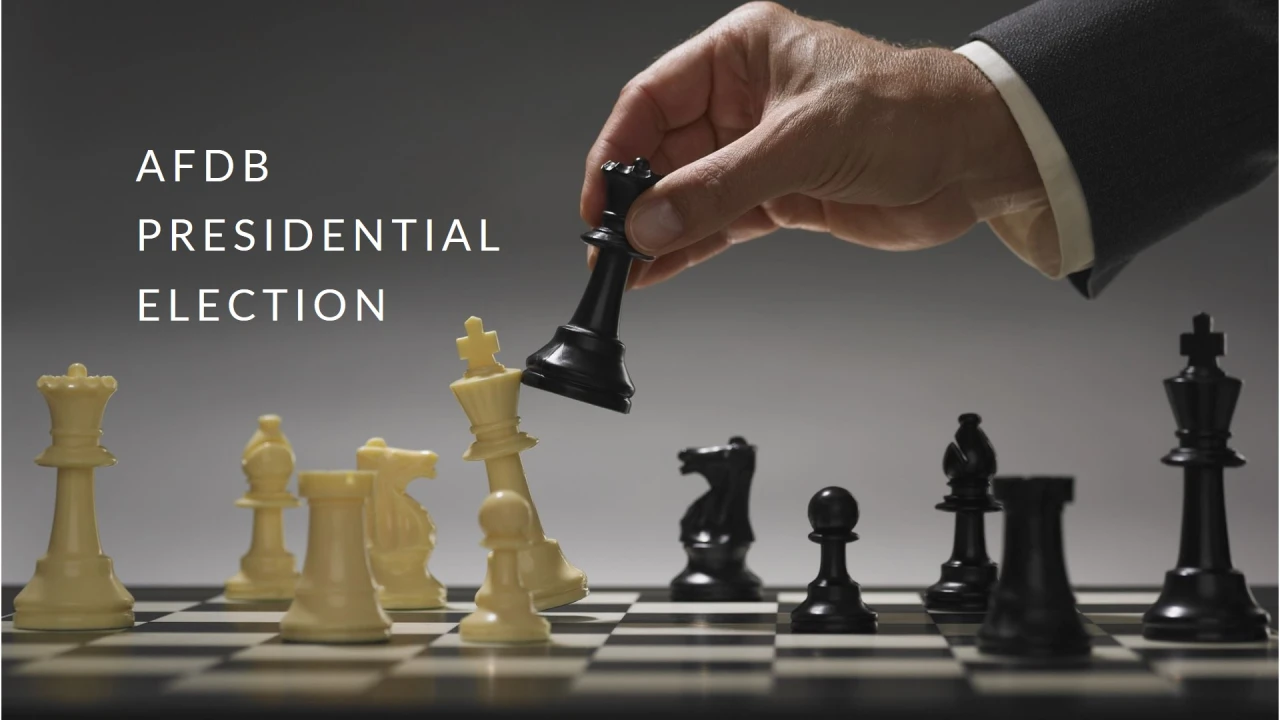
IN the humid heart of Abidjan, where West Africa’s coastline hums with life, something quieter—but far more consequential—is unfolding.
The upcoming May 2025 election for the presidency of the African Development Bank (AfDB) may appear procedural, but beneath the surface, it's a high-stakes geopolitical chess match.
Behind the closed doors of embassies and boardrooms, global heavyweights—the United States, China, Europe, and Russia—are quietly maneuvering. For them, this isn’t about governance. It’s about influence. Because to lead the AfDB is to hold the purse strings to Africa’s future—and everyone wants a hand on the wheel.
Since its founding in 1964, the AfDB has done more than just fund infrastructure and education—it’s helped shape the very narrative of African development. But with over $200 billion in assets, it’s not just a development bank; it’s a lever of power.
“This institution represents more than capital,” says Pierre Gueganic, an international economic consultant based in Dubai. “It’s a platform where visions for Africa are either empowered—or compromised.”
And that’s why the race to replace outgoing President Akinwumi Adesina has become a magnet for international strategizing. Adesina’s two terms saw the AfDB soar: a stronger capital base, a rock-solid AAA credit rating, and a deft navigation through global shocks—from the COVID-19 pandemic to climate crises. His shoes are big. The competition to fill them is fierce.
Five candidates are officially in the running: Senegal’s Amadou Hott, Zambia’s Samuel Munzele Maimbo, Mauritania’s Sidi Ould Tah, Chad’s Abbas Mahamat Tolli, and South Africa’s Bajabulile Swazi Tshabalala.
Others—like Rabah Arezki, a former chief economist at the bank, and Hassatou Diop N’Sele, its current VP of finance—are still swirling in speculation. But regardless of the final roster, the election isn’t just about resumes.
It’s about aligning Africa’s ambitions with the world’s competing interests without losing the plot. “You have to be a diplomat, a visionary, and a realist all at once,” says Gueganic. “And above all, you must protect the bank’s autonomy.”
That’s no small feat. The AfDB’s unique voting structure requires a dual majority: one from African member countries and another from non-African donors like the U.S., China, Japan, and Europe.
And because votes are tied to financial contributions, the global north holds disproportionate sway. Washington and Brussels typically back candidates who align with their emphasis on transparency and market-friendly reforms.
Beijing, meanwhile, favors those who are infrastructure-focused and friendly to its Belt and Road ambitions. Russia, less flush with cash, plays the politics card—offering security partnerships and a counterbalance to Western dominance. The result?
Candidates must campaign in two worlds: speaking the language of African integration while nodding to international expectations. One misstep, one overt alignment, and credibility can evaporate.
This makes the coming weeks critical. Diplomacy is happening in whispers—in coffee shops in Addis Ababa, in hotel lobbies in Nairobi, and the quiet side meetings of ECOWAS and SADC summits.
Regional blocs hold weight, not just numerically but symbolically. “Winning ECOWAS or SADC support is essential,” notes Gueganic, “but a candidate must avoid appearing like a proxy. The AfDB president must be African in vision and multilateral in execution.”
This is where a commitment to the Sustainable Development Goals becomes more than branding—it’s a common language that can unify both African priorities and donor expectations. Infrastructure, clean energy, food security—these are shared concerns. They ground lofty platforms in tangible needs.
Still, this race is not just about institutional ideals—it’s deeply human. Adesina’s legacy is a reminder of how leadership can restore faith in Africa’s ability to manage its own capital and development narrative.
Under his watch, the AfDB launched a $10 billion COVID-19 response facility and, just this January, issued a $2 billion sustainable bond, reaffirming global investor confidence. But challenges are mounting.
Currency depreciation, growing debt, and rising youth unemployment loom large. And looming even farther, but just as real, are the reverberations of global politics. Donald Trump’s hints at new tariffs, should he return to the White House, have African trade experts sounding alarms.
“If protectionism surges in the West, intra-African trade will be our only cushion,” warns Dr. Jean-Claude Maswana, a Congolese economist based in Tokyo. That puts pressure on the next AfDB president to accelerate the African Continental Free Trade Area—not in speeches, but in customs reforms, rail links, and logistics corridors.
That urgency is reflected in the candidates’ pitches. Abbas Mahamat Tolli, with his deep roots in regional central banking, argues that the bank must become “truly pan-African—transparent, accountable, and inclusive.”
For many in Francophone Africa, there’s a quiet hope that leadership will reflect greater linguistic and regional diversity.
Rabah Arezki, though unofficial, is already calling for “ethical leadership that confronts corruption head-on,” pointing to Senegal’s recent political shifts as signs of a broader appetite for reform. In Hassatou Diop N’Sele, if she runs, many see a calm, capable technocrat who knows the bank’s inner workings and can offer continuity without stasis.
Meanwhile, Bajabulile Tshabalala of South Africa, currently the bank’s senior vice president, brings her own quiet power to the race. Admired for her composure and competence, she represents not just gender balance but institutional memory.
“She’s the kind of leader who builds consensus while keeping the trains running,” says a former colleague. In a field of policy heavyweights, that practical edge matters. And in a continent where women remain vastly underrepresented in finance, her candidacy carries symbolic weight that extends beyond boardrooms.
But symbolism alone won't shield the bank from scrutiny. During Adesina’s last term, Western critiques about accountability resurfaced, culminating in a now-dismissed allegation of mismanagement. The episode rattled nerves.
But it also underscored a deeper question: Who owns the AfDB? “This isn’t just about transparency—it’s about agency,” says Professor Carlos Lopes, former executive secretary of the UN Economic Commission for Africa.
“African nations must lead Africa’s bank.” That message resonates in capitals from Nairobi to Lagos. And for the next president, the balancing act will be steep: drive reforms that meet international standards without becoming beholden to them.
That’s why this election matters far beyond May 29. It will signal to the world whether Africa’s premier financial institution can chart its course amid competing external agendas. For those watching closely, this isn’t just about loans and ledgers—it’s about confidence, sovereignty, and vision. “Africa has the talent, the capital, and the ambition,” says Gueganic. “What we need now is leadership that sees the big picture, but never forgets the people on the ground.”
Indeed, from the tech hub of Kigali to the ports of Mombasa and Dar es Salaam, the AfDB touches lives—often invisibly but profoundly. It funds the roads traders rely on, the electricity that powers startups, and the water that sustains farming. It’s the backbone of Africa’s economic dreams.
In a world fracturing along old geopolitical lines, Africa needs an AfDB that’s resilient, independent, and unapologetically forward-looking.
So, as the board of governors gathers in Abidjan, behind the formal votes and press statements lies a deeper truth. This isn’t just a leadership contest—it’s a moment of reckoning. Can Africa steer its course, through its institutions, on its terms? If so, it won’t just change the AfDB. It could change the continent’s trajectory for decades to come.
Top Headlines
© 2025 IPPMEDIA.COM. ALL RIGHTS RESERVED











